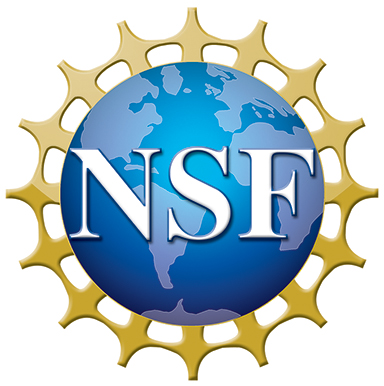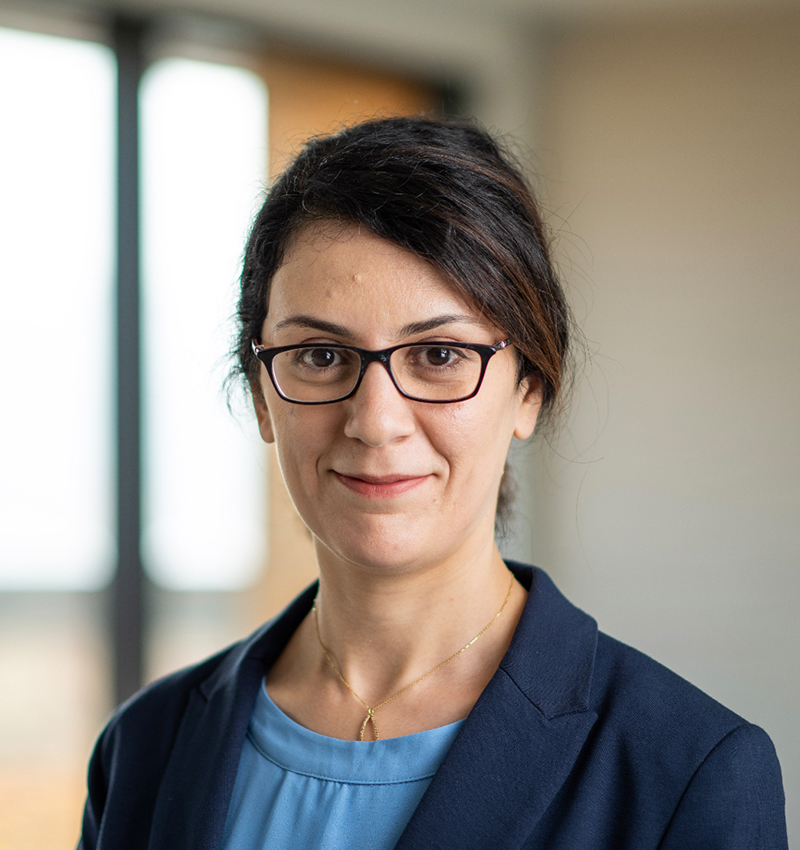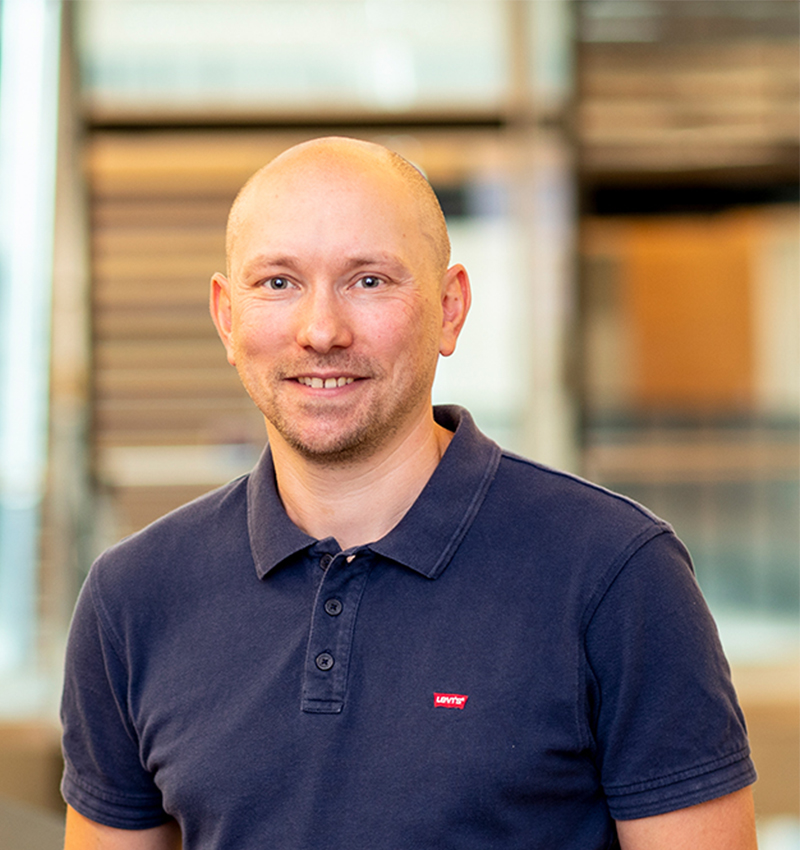How can we endow artificial intelligence with the ability to comprehend and draw knowledge from the immense and varied trove of online documents? Is there a way to make testing and debugging of software that pervades our increasingly technology-dependent world more efficient and robust? Speaking of pervasiveness, as technologies like machine learning are more embedded into our society, how can we be sure that these systems reflect and serve different populations equitably?
Those are the questions that Allen School professors Hannaneh Hajishirzi, René Just and Jamie Morgenstern are grappling with in their latest research. And while each focuses on a different area, they all have at least two things in common: Their commitment to integrating research and education earned them National Science Foundation CAREER Awards recognizing junior faculty who exemplify the role of teacher-scholars, and their contributions are helping to cement the Allen School’s leadership in both core and emerging areas of computing.
Hannaneh Hajishirzi: Knowledge-rich neural text comprehension and reasoning
Hajishirzi joined the Allen School faculty full-time in 2018 and is the director of the H2Lab, where she focuses on finding and addressing foundational problems in artificial intelligence (AI) and natural language processing (NLP). She is also a Fellow at the Allen Institute for AI. In her CAREER award-winning work, Hajishirzi aims to improve textual comprehension and reasoning using AI capabilities and deep learning algorithms to help applications better understand text and draw logical conclusions. For example, her research seeks to enable AI systems to answer questions such as “What percentage of Washington state’s budget has been spent on education over the last 20 years?” or verify claims like “Baricitnib prevents 2019-COV from infecting AT2 lung cells.” To do so, the AI system needs to comprehend the claim, find data from reliable sources like scientific articles, and perform reasoning skills to integrate explicit and implicit evidence. Hajishirzi will integrate AI capabilities into deep learning algorithms to understand and reason about textual comprehension to devise hybrid, interpretable algorithms that understand and reason about textual knowledge across varied formats and styles. It will also generalize to emerging domains with scarce training data and operate efficiently under resource limitations.
“Effectively unlimited quantities of ever-changing knowledge are available online in diverse styles, such as news vs. science text and formats — knowledge bases, financial reports and textual documents,” Hajishirzi said. “The content and language style in these domains might evolve over time; for example, scientific articles about the Covid-19 pandemic may use different vocabulary and style as scientists learn more about the virus and communicate findings to different audiences. It is really important to build AI systems that make sense of this enormous amount of knowledge. As a result, textual comprehension is a fundamental problem in AI and NLP.”
René Just: Toward effective, predictable, and consistent software testing
Since joining the Allen School faculty in 2018, Just has focused on software engineering and data science, in particular static and dynamic program analysis, empirical software engineering and applied statistics and machine learning. Through his CAREER-winning research, Just is working to increase the quality of the software that powers modern technology and to improve software development more generally with a framework and methodology for systematic software testing. By developing more effective and consistent software testing approaches, Just will provide developers with concrete test goals quantifying the degree to which these test goals are representative of the defects that were experienced during development in the past. By developing more effective and consistent software testing, his method will be able to assess test goals to check for bugs that were experienced during the development of the software.
“Given that software affects nearly every aspect of our daily lives, its defects have serious implications, and significant advances in software quality benefit every corner of society,” Just said. “This is the main motivation for my work on software testing, which aims to prevent fatal software incidents, million-dollar defects, and a lot of frustration caused by software that simply isn’t working as expected.”
Jamie Morgenstern: Strategic and equity considerations in machine learning
Morgenstern, who joined the Allen School faculty in 2019, studies the social impact of machine learning (ML) and the impact of social behavior because of ML. In her CAREER award-winning work, Morgenstern is researching the performance of machine learning systems that are trained and tested on heterogeneous and strategically generated data and make both predictions and decisions. This work will help guarantee high-quality predictions in domains with varied data sources. It will also help ensure that insights from ML will apply to diverse populations rather than just the majority. Morgenstern’s work will transform the way both researchers and practitioners reason about human-centric ML models. Additionally, it will shed light on interesting technical questions about how optimizing for different measures of performance affects minority communities.
“This will provide guarantees on the future performance of systems built on human-generated historical data, even when those people will continue to interact with the system,” Morgenstern said. “My research will inform the design of learning algorithms trained and deployed on human-generated data, in domains such as commerce, medicine, risk modeling, and social benefit allocation.”
Morgenstern, Just and Hajishirzi are the most recent Allen School faculty members to advance leading-edge research with support from the NSF CAREER program. A total of 64 faculty members have received one of these prestigious awards or their predecessor, the Presidential/NSF Young Investigator Award, during their time at the Allen School.





